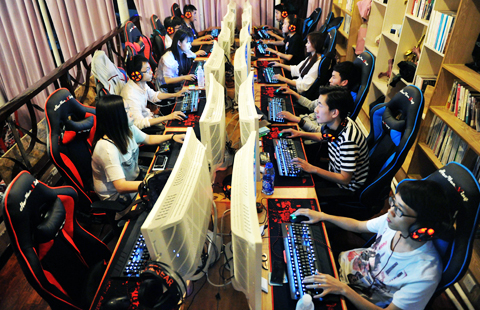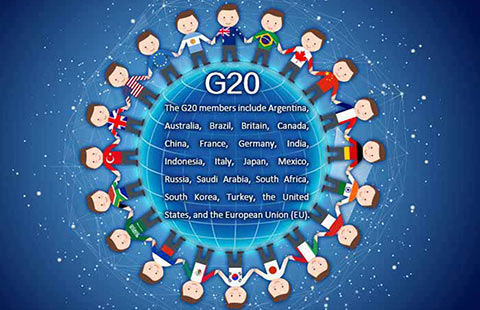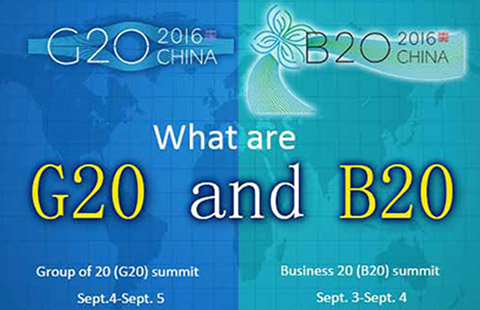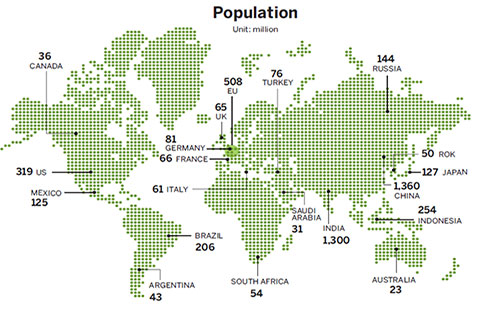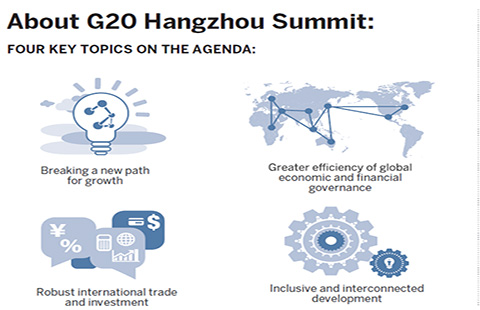China praised as senior planners enter 'last mile'
By An Baijie (China Daily) Updated: 2016-09-02 09:06Sherpa Meeting crafts blueprint, including plan to provide help for poorest nations
Members of the G20 should steadily complete their "very last mile" and settle on final arrangements for the summit, as preparations have entered their final stage, a senior Chinese diplomat said on Thursday.Li Baodong, vice-foreign minister and the Chinese coordinator for G20 affairs, made the remark at the opening ceremony of the fourth G20 Sherpa Meeting in Hangzhou, Zhejiang province, three days ahead of the Leaders Summit, which begins on Sunday.
China hopes that all G20 members will continue to cooperate to ensure a successful summit, which aims to inject new vigor into the world economy, he said.
Liu Yingkui, a researcher at the China Council for the Promotion of International Trade, said that because of the sluggish global economy, the G20 Summit has important meanings as a key platform for global economic governance.
About 30 agreements are expected to be reached at the summit, making it one of the most fruitful meetings of its kind, he said, adding that the international community has high expectations for China as the summit host.
The Sherpa Meeting, which focuses on preparatory work for the G20 Summit, is responsible for coordinating results politically. At the meeting, the coordinators also negotiated on a G20 statement to be released after the two-day summit.
Basic agreements have been reached on a G20 blueprint for innovation-driven growth, an action plan to carry out the United Nations 2030 Agenda for Sustainable Development and an initiative to support industrialization in Africa and the least-developed countries, according to a statement released by the Foreign Ministry after the meeting.
The Sherpas agreed that under China's presidency, the G20 has seen stable, smooth and innovative progress in 2016, with a series of ground-breaking accomplishments.
Zhu Jiejin, a professor of international relations at Fudan University, said the consensus on innovation had been hard-won, given the market volatility in the first quarter of 2016.
"It is not easy for China to stay focused on a long-term agenda when some are calling for short-term stimulus packages," he said.

